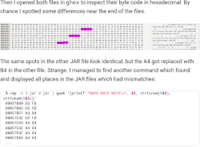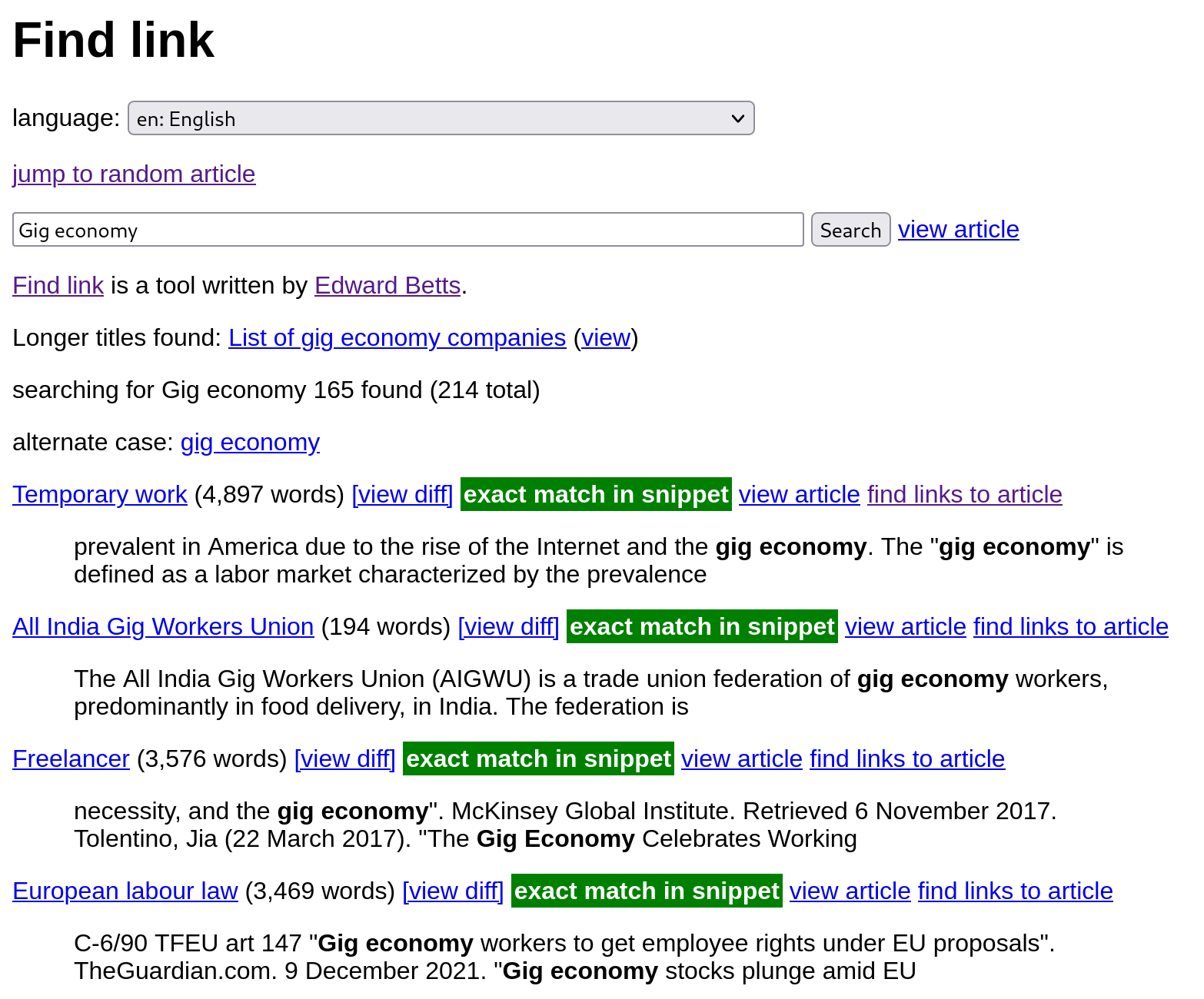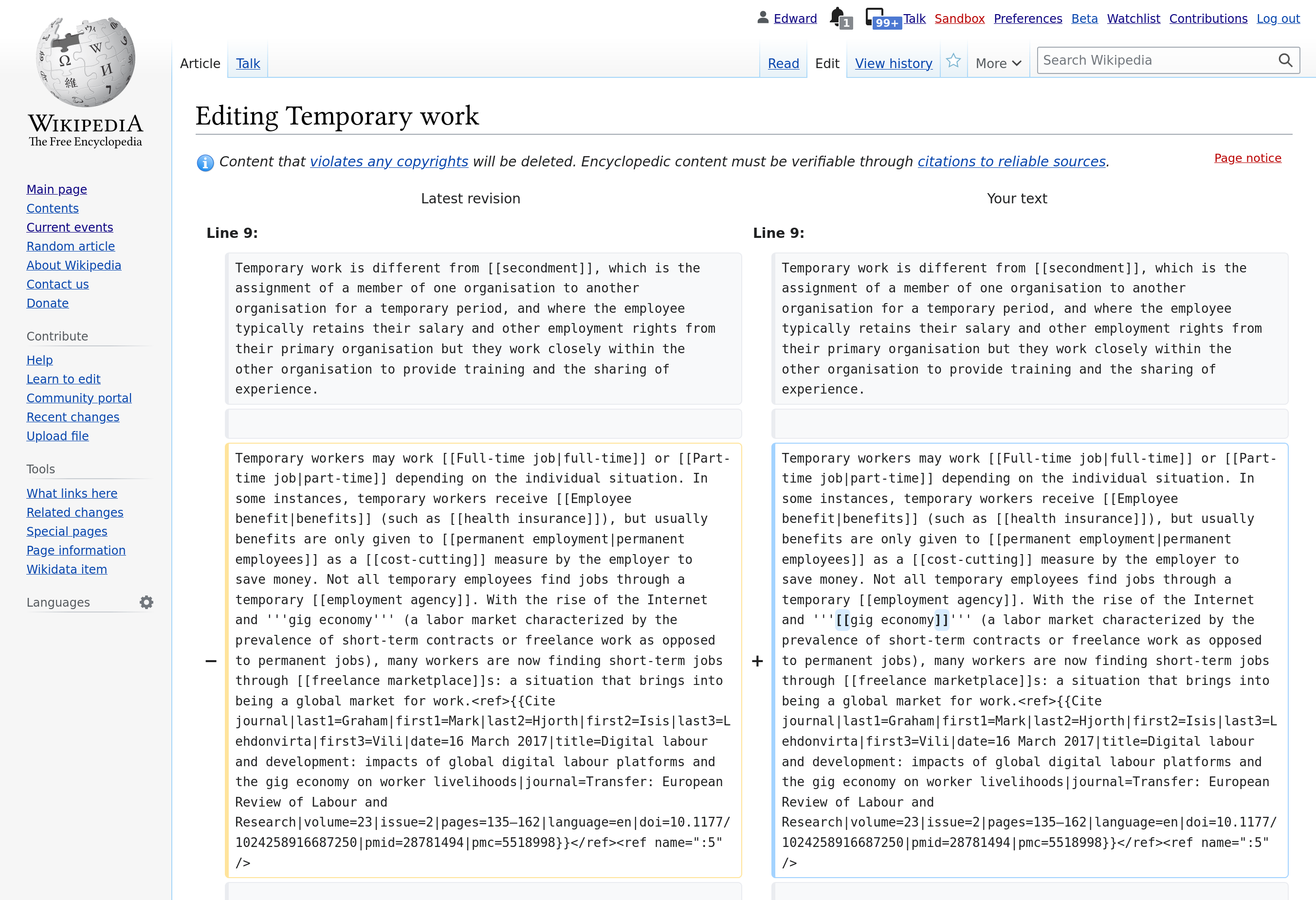
Another month, another bunch of uploads. The freeze for Debian 11 (bullseye) is edging closer, so I ve been trying to get my package list in better shape ahead of that. Thanks to those who worked on fixing lintian.debian.org and the lintian reports on the QA pages, those are immensely useful and it s great to have that back!
2020-10-04: Upload package gnome-shell-extension-draw-on-your-screen (8-1) to Debian unstable.
2020-10-05: Sponsor package flask-restful (0.3.8-4) for Debian unstable (Python Team request).
2020-10-05: Sponsor package python-potr (1.0.2-3) for Debian unstable (Python Team request).
2020-10-06: Sponsor package python-pyld (2.0.3-1) for Debian unstable (Python Team request).
2020-10-06: Sponsor package flask-openid (1.2.5+dfsg-4) for Debian unstable (Python Team request).
2020-10-06: Sponsor package qosmic (1.6.0-4) for Debian unstable (E-mail request).
2020-10-07: File removal for gnome-shell-extension-workspace-to-dock (RC Buggy, no longer maintained:
#971803).
2020-10-07: Upload package gnome-shell-extension-pixelsaver (1.20-2) to Debian unstable (Closes:
#971689).
2020-10-07: Upload package calamares (3.2.31-1) to Debian unstable.
2020-10-07: Upload package gnome-shell-extension-dashtodock (69-1) to Debian unstable (Closes:
#971654).
2020-10-08: Sponsor package python3-libcloud (3.020-1) for Debian unstable.
2020-10-09: Upload package gnome-shell-extension-dashtopanel (40-1) to Debian unstable (Closes:
#971087).
2020-10-09: Upload package gnome-shell-extension-draw-on-your-screen (8.1-1) to Debian unstable.
2020-10-12: Upload package gnome-shell-extension-pixelsaver (1.24-1) to Debian unstable.
2020-10-14: Sponsor package python3-onewire (0.2-1) for Debian unstable (Python Team request).
2020-10-15: Sponsor package cheetah (3.2.5-1) for Debian unstable (Python Team request).
2020-10-15: Sponsor package xmodem (0.4.6+dfsg-1) for Debian unstable (Python Team request).
2020-10-15: Sponsor package ansi (0.1.5-1) for Debian unstable (Python Team request).
2020-10-15: Sponsor package cbor2 (5.2.0-1) for Debian unstable (Python Team request).
2020-10-16: Upload package calamares (3.2.32-1) to Debian unstable.
2020-10-17: Upload package calamares (3.2.32.1-1) to Debian unstable.
2020-10-18: Upload package kpmcore (4.2.0-1) to Debian unstable.
2020-10-18: Upload package gnome-shell-extension-draw-on-your-screen (9-1) to Debian unstable.
2020-10-18: Upload package bundlewrap (4.2.1-1) to Debian unstable.
2020-10-18: Upload package bcachefs-tools (0.1+git20201017.8a4408-1~exp1) to Debian experimental.
2020-10-18: Upload package calamares (3.2.32.1-2) to Debian unstable.
2020-10-18: Upload package partitionmanager (4.1.0-2) to Debian unstable.
2020-10-19: Upload package kpmcore (4.2.0-2) to Debian unstable.
2020-10-21: Upload package calamares (3.2.32.1-3) to Debian unstable.
2020-10-21: Upload package calamares-settings-debian (11.0.3-1) to Debian unstable (Closes:
#969930,
#941301).
2020-10-21: Upload package partitionmanager (4.2.0-1) to Debian unstable.
2020-10-21: Upload package gnome-shell-extension-hard-disk-led (22-1) to Debian unstable (Closes:
#971041).
2020-10-21: Merge
MR!1 for catimg (Janitor improvements).
2020-10-21: Sponsor package r4d (1.7-1) for Debian unstable (Python Team request).
2020-10-22: Upload package aalib (1.4rc5-47) to Debian unstable.
2020-10-22: Upload package fabulous (0.3.0+dfsg1-8) to Debian unstable.
2020-10-22: Merge
MR!1 for gdisk (Janitor improvements).
2020-10-22: Merge
MR!1 for gnome-shell-extension-arc-menu (New upstream URLs, thanks Edward Betts).
2020-10-22: Upload package gnome-shell-extension-arc-menu (49-1) to Debian unstable.
2020-10-22: Upload package gnome-shell-extension-draw-on-your-screen (10-1) to Debian unstable.
2020-10-22: Merge
MR!1 for vim-airline (Janitor improvements).
2020-10-22: Merge
MR!1 for vim-airline-themes (Janitor improvements).
2020-10-22: Merge
MR!1 for preload (Janitor improvements).
2020-10-22: Upload package aalib (1.4rc5-48) to Debian unstable.
2020-10-22: Upload package gnome-shell-extension-trash (0.2.0-git20200326.3425fcf1-1).
2020-10-26: Upload package bcachefs-tools (0.1+git20201025.742dbbdb-1) to Debian unstable.
2020-10-26: Sponsor package dunst (1.5.0-1) for Debian unstable (mentors.debian.net request).














 Another month, another bunch of uploads. The freeze for Debian 11 (bullseye) is edging closer, so I ve been trying to get my package list in better shape ahead of that. Thanks to those who worked on fixing lintian.debian.org and the lintian reports on the QA pages, those are immensely useful and it s great to have that back!
2020-10-04: Upload package gnome-shell-extension-draw-on-your-screen (8-1) to Debian unstable.
2020-10-05: Sponsor package flask-restful (0.3.8-4) for Debian unstable (Python Team request).
2020-10-05: Sponsor package python-potr (1.0.2-3) for Debian unstable (Python Team request).
2020-10-06: Sponsor package python-pyld (2.0.3-1) for Debian unstable (Python Team request).
2020-10-06: Sponsor package flask-openid (1.2.5+dfsg-4) for Debian unstable (Python Team request).
2020-10-06: Sponsor package qosmic (1.6.0-4) for Debian unstable (E-mail request).
2020-10-07: File removal for gnome-shell-extension-workspace-to-dock (RC Buggy, no longer maintained:
Another month, another bunch of uploads. The freeze for Debian 11 (bullseye) is edging closer, so I ve been trying to get my package list in better shape ahead of that. Thanks to those who worked on fixing lintian.debian.org and the lintian reports on the QA pages, those are immensely useful and it s great to have that back!
2020-10-04: Upload package gnome-shell-extension-draw-on-your-screen (8-1) to Debian unstable.
2020-10-05: Sponsor package flask-restful (0.3.8-4) for Debian unstable (Python Team request).
2020-10-05: Sponsor package python-potr (1.0.2-3) for Debian unstable (Python Team request).
2020-10-06: Sponsor package python-pyld (2.0.3-1) for Debian unstable (Python Team request).
2020-10-06: Sponsor package flask-openid (1.2.5+dfsg-4) for Debian unstable (Python Team request).
2020-10-06: Sponsor package qosmic (1.6.0-4) for Debian unstable (E-mail request).
2020-10-07: File removal for gnome-shell-extension-workspace-to-dock (RC Buggy, no longer maintained: